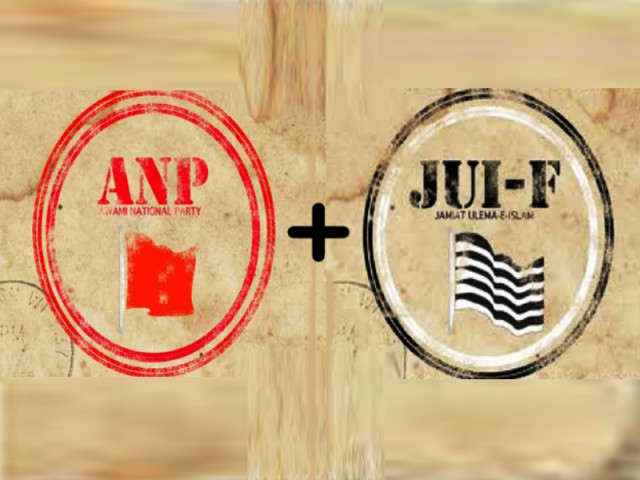Ode to the past: After 40 years, JUI-F, ANP finally come together
Both parties had been on a divergent path since their initial alliance in the 1970s.

By-elections will be held in August 22. PHOTO: FILE
In the 1970s, the rule of erstwhile NWFP fell to a tripartite coalition government comprising the JUI-F, Pakistan Peoples Party (PPP) and National Awami Party (NAP), the precursor to the present day ANP.
Maulana Mufti Mehmood, the father of JUI-F chief Maulana Fazlur Rehman, led this government from 1972 to 1973 when he resigned in protest against the dismissal of the NAP-JUI-F coalition government in Balochistan.
This proved to be a conclusive ending, as both parties did not ally with one another for several years to come. Over the years, as Pakistani politics changed, both parties appeared in totally opposite camps.
The Russian invasion of Afghanistan in the 1980s and the current war on terror further polarized the differences between the two parties, leading them to blame one another for the deteriorating law and order situation in the province.
Now, both parties have joined hands after a gap of around 40 years. Interestingly, both parties have ruled the province during the past 10 years. First it was the JUI-F, which had its chief minister in Peshawar during the Muttahida Majlis-e-Amal’s (MMA) tenure; The ANP on the other hand was the last provincial government in Khyber-Pakhtunkhwa (K-P).
The failure of both parties to address the public’s woes is probably what gave the Pakistan Tehreek-e-Insaf (PTI) a chance to form the provincial government. One might also wonder whether or not it was the fear of the PTI which caused the arch-rivals to join in an electoral alliance in Mardan and Hangu.
ANP senior leader Mian Iftikhar Hussain had earlier told reporters this partnership was not something unnatural, adding the post May 11 scenario made the deal possible. The adjustment paved way for both parties to agree on about seven seats; of which JUI-F will extend support to ANP on three, while on remaining four ANP will back JUI-F.
This arrangement also pushed the K-P ruling triumvirate of PTI, Jamaat-e-Islami (JI) and Qaumi Watan Party (QWP) to hint they would join together to retain their positions.
Analyst and Quaid-e-Azam University (QAU) academic Khadim Hussain views such arrangements outside the assemblies as part of parliamentary politics. “Political parties use these alliances to bolster their numbers in the assembly,” he explained, adding for such alliances to be made it was not necessary for both parties to agree to each other manifestos.
However, Hussain does not agree this alliance has anything to do with the emergence of the PTI. “Presently, it seems the K-P coalition government is being run from Lahore and this adjustment was probably aimed at countering this reliance with a strong opposition. Secondly, both the provincial and federal governments were back-tracking from the 18th Amendment and both parties also wanted to resist that.
Published in The Express Tribune, July 22nd, 2013.













COMMENTS
Comments are moderated and generally will be posted if they are on-topic and not abusive.
For more information, please see our Comments FAQ